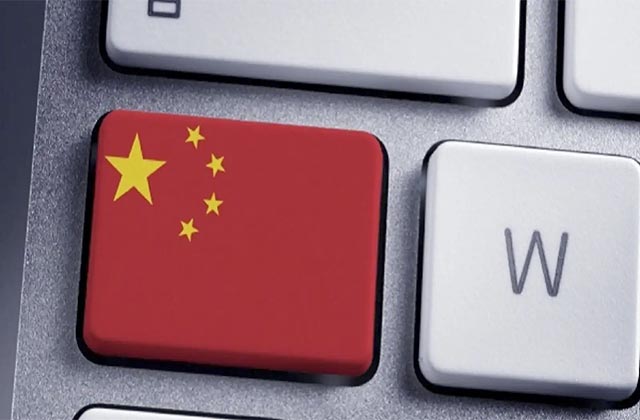One aspect that should not be neglected is an international trade that, especially where China is concerned, is becoming more tense. While the EU and the US have already taken the step of increasing their tariffs, it is now Canada that has announced a 100% tariff on imports of Chinese electric vehicles and another 25% tariff on steel and aluminium imported from China. More than the material effects of the measures themselves, the wave of protectionism against Chinese products stands out. It is worth noting that, as in the US, the impact on Chinese automobile manufacturers should be limited, as the impact on Chinese automakers should be limited, as exports of domestic brands to Canada are very small, at two per cent of total auto exports. President Trudeau also warned that tariffs on Chinese chips and solar panels are under consideration.
And as we say, this rise in tensions is remarkable because China is not going to stand still in the face of the trade barriers imposed on it and is going to establish its own. Already now, Chinese export controls on crucial semiconductor materials are affecting Western supply chains for advanced chips and military hardware. Materials such as germanium and gallium, key to some military chips, are being severely restricted from being sold abroad. Given that China produces virtually all of the world’s gallium (and 60 per cent of germanium), these measures have the potential to have an impact. Other controls, such as on exports of graphite and technologies used in the extraction and separation of rare earths, have also occurred. It is clear that trade barriers are a double-edged sword, and whatever tariffs one country imposes on a particular foreign product will be met with a response from the other country.





